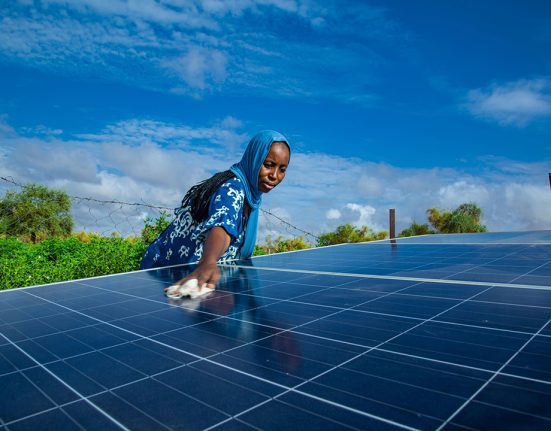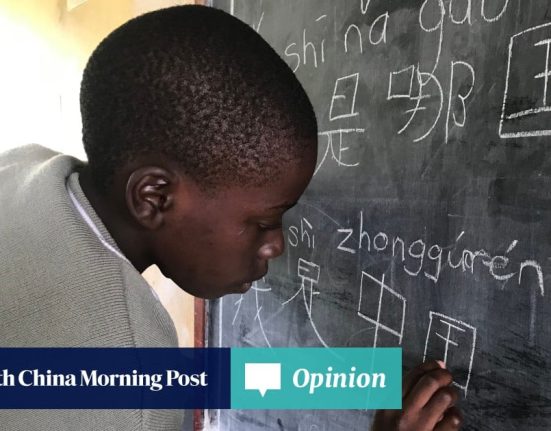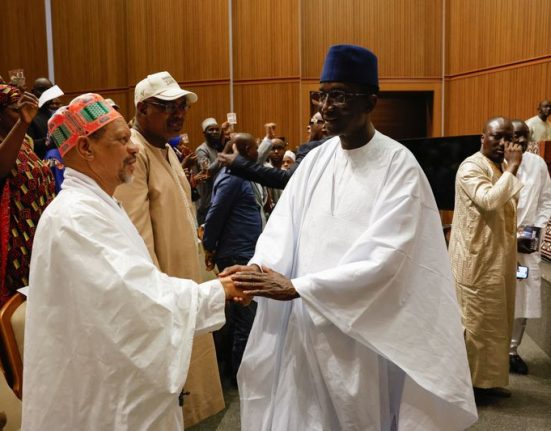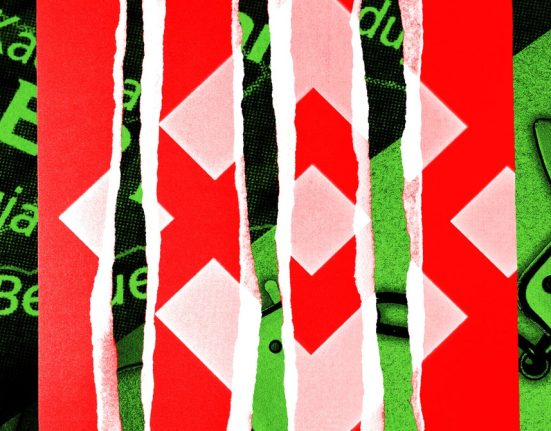Bassirou Diomaye Faye was sworn in last week as Senegal’s youngest elected leader, following closely watched presidential elections that passed off smoothly on March 24.
The leftwing political novice, a former tax collector who has no experience of elected office at any level, is poised to bring in new measures designed to tackle some of the country’s most stubborn economic issues, such as corruption and youth unemployment, and is targeting the renegotiation of several long-standing contracts with foreign investors.
One of west Africa’s most stable democracies, Senegal was rocked by a constitutional crisis in early February amid an attempt by former president Macky Sall, who had held power since 2012, to postpone presidential elections scheduled for February 25 by several months.
At the time, analysts feared that the social unrest would have an impact on the country’s economic outlook and exacerbate operational risks for its banks. “A crystallisation of risks due to the increased tension” could have led to a negative outlook for the country’s financial institutions, according to a report from Fitch Ratings.
A history of trouble
West Africa has seen a series of political setbacks in recent years; Senegal’s neighbours Mali and Guinea have both experienced military coups in the past four years, with a similar coup attempt in Guinea-Bissau narrowly thwarted in December.
While analysts feared the worst following Sall’s February announcement, his decision to postpone the election was overturned by the local courts, with the president eventually announcing an amnesty that freed political opponents ahead of the vote — rescheduled for March — including the 44-year-old Faye.
“When the former president postponed the elections, we predicted that increased political uncertainty would eventually affect the banking sector,” says Jamal El Mellali, director of financial institutions, banks at Fitch Ratings. “However, since the elections have been held earlier than expected, this scenario has not materialised.”
Among Faye’s new economic policies, the president is looking to renegotiate a number of commercial contracts within the mining, fishing and energy industries. This comes as Senegal’s offshore GTA natural gas project, which the country shares with Mauritania, approaches becoming operational this year. The IMF predicts that the project will play a vital role in boosting the country’s economy in the coming years.
When it comes to the introduction of new regulations for the banking sector and the financial sector as a whole, El Mellali does not believe that drastic changes will occur in the short term. “The new president’s agenda includes a number of pro-business policies which, if carried out successfully, could have a long-term impact on the operating environment for banks and provide opportunities for further growth of the sector,” he says.
Investor confidence
Throughout the election process, investors have been looking closely at the social and political situation in Senegal and the anti-establishment policies brought forward by Faye, which could have had a negative effect on the financial markets.
Currently, Senegal has more than $4bn-worth of outstanding international bonds, part of which is issued in euros and the other in US dollars. The value of the bonds fell in the lead-up to the elections as Faye became a frontrunner in the presidential race, but quickly rebounded when former president Sall accepted defeat.
“The outcome of the election was very good for the bonds issued by Senegal because their yield reduced as soon as the winner was announced, which is a strong sign that investors were confident with the result,” says El Mellali.
Senegal is mostly seen as a relatively safe harbour for economic activities in a region known for its political instability. Even though investors remain cautious regarding possible changes to commercial contracts, amendments could be difficult to push through.
“Pre-existing contracts are difficult to amend before their due date, so most changes will have to wait until the end of the agreement,” says El Mellali. “Furthermore, because Senegal and Mauritania jointly oversee the offshore natural gas project, any change to energy contracts will have to be approved by both parties.”
Monetary policies
Importantly, Faye has backtracked from an early pledge to end Senegal’s use of the West African CFA franc — pegged to the euro and in use by 14 countries in the region — and to introduce its own sovereign currency, out of fears that such a move would deter foreign investors.
According to Charlie Robertson, head of macro strategies at FIM Partners, Faye may yet change the national currency during his mandate as president, but that such a move was unlikely in the short term.
“Leaving the CFA is not a one-year scenario, but similar to the situation with Milei in Argentina and the adoption of the dollar, it is something that will probably happen towards the end of his time in office,” he says.
Robertson stresses that Faye has other pressing concerns to tend to in the short term ahead of any potential move to a new currency.
“We first have to see how the administration performs this year in renegotiating business contracts with international companies and whether that will have an impact on investors,” he says.






